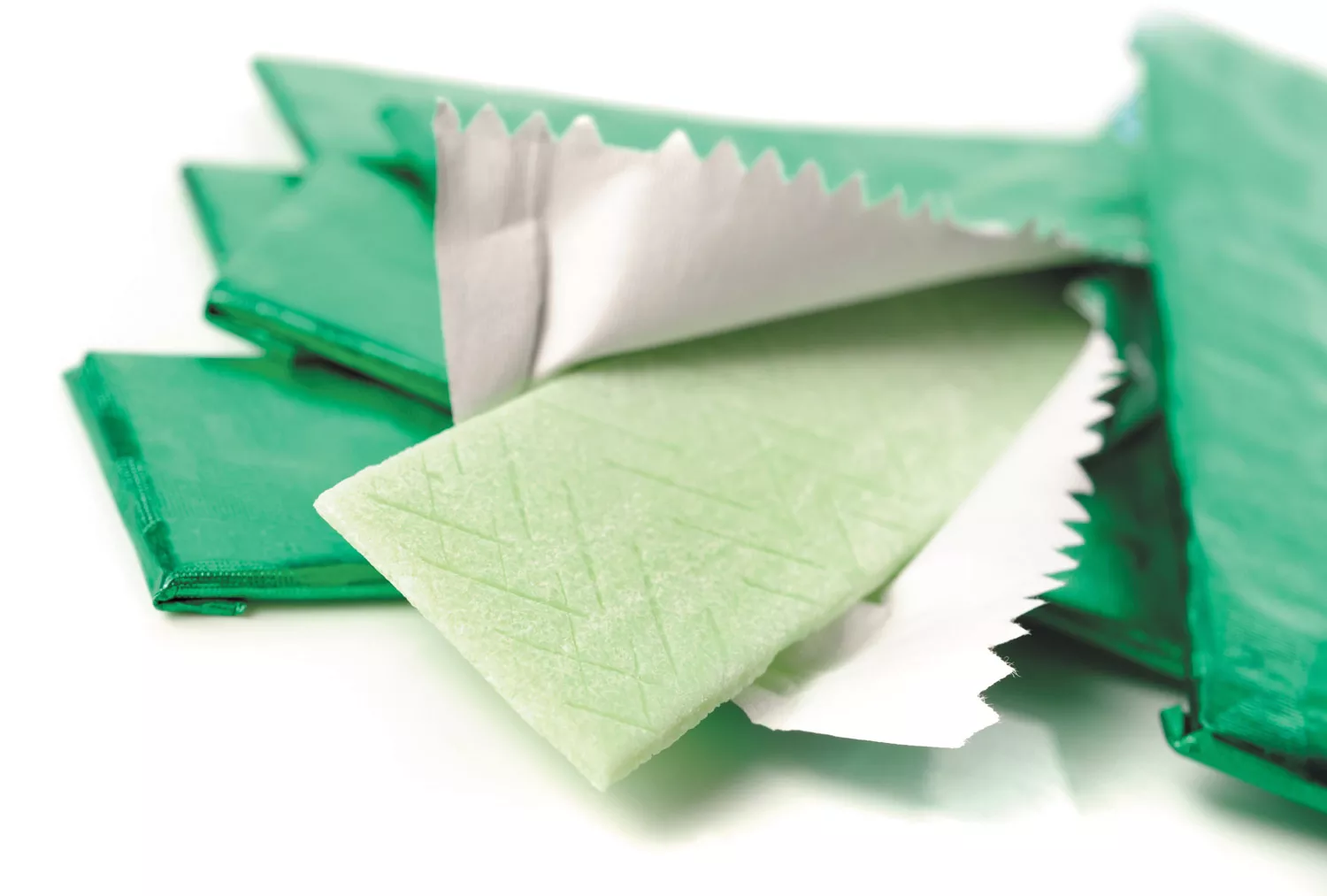Most animal owners are guilty when it comes to feeding people food to their dogs.
But can one treat really be harmful to your pet? If that treat contains a common sugar substitute found more and more in human foods like gum, peanut butter or baked goods, the answer is a definite yes. In fact, there has never been a more important time to read the label.
What is Xylitol?
Second to only cannabis, xylitol, a sugar alternative mostly extracted from birch trees, is a leading cause of intoxication cases in pets at Washington State University's Veterinary Teaching Hospital.
Once mostly found in sugar-free gum, animal emergencies involving the substance in recent years continue to rise as it is used as an ingredient in more human foods and dental products, largely because unlike sugar, the substance doesn't cause tooth decay and has fewer calories.
For dogs though, and even your ferret, xylitol could be deadly — even in the amount found in a single stick of gum.
Just as in humans, dogs' blood sugar is controlled by insulin released from the pancreas. In dogs, however, xylitol is absorbed into the bloodstream more quickly and can cause a fast release of insulin. This quick insulin boost can cause hypoglycemia, or a significant decrease in blood sugar as the insulin quickly breaks it down.
Symptoms of Xylitol Poisoning
Within an hour of ingesting xylitol, dogs with low blood sugar may become weak, lethargic and may vomit. They may stumble or appear to have a drunken gait as they walk. Dogs with low enough blood sugar may experience muscle tremors and seizures. If too much xylitol is ingested, dogs can develop liver damage in one to three days, which could lead to liver failure, and death.
Dogs suspected to have consumed xylitol should be taken to a veterinarian or emergency veterinary clinic as soon as possible.
There's no antidote for xylitol, but veterinarians can offer supportive care that could save the animal. If caught early enough, veterinarians can induce vomiting to rid xylitol from the stomach before it is completely metabolized. If it is not noticed early enough, veterinarians will use an intravenous sugar solution known as dextrose to stabilize the animal's blood sugar levels. Other foods may also increase blood sugar.
How to Avoid Xylitol Poisoning
As the substance takes more and more owners by surprise, now more than ever, it is critical that pet owners read the label before rewarding their companion with human food. When checking labels, keep in mind that xylitol may also be referred to as birch sugar or wood sugar.
Dog owners should also keep all human food up and away from dogs, and only toothpaste made for pets should be used to brush a cat or dog's teeth — making sure these two things happen could make all the difference for your pet.
According to the Food and Drug Administration, dog owners should be especially cautious with these foods and food categories:
- Breath mints
- Baked goods
- Baked goods
- Chocolate bars
- Cough syrup
- Children's and adult chewable vitamins
- Mouthwash
- Cake and pancake mixes
- Toothpaste
- Some peanut and nut butters
- Sugar-free gum and candy
- Over-the-counter medicines
- Dietary supplements
Linda Martin is an associate professor and the lead emergency and critical care specialist at Washington State University's College of Veterinary Medicine. She received her Doctor of Veterinary Medicine in 1990 from Colorado State University.





















